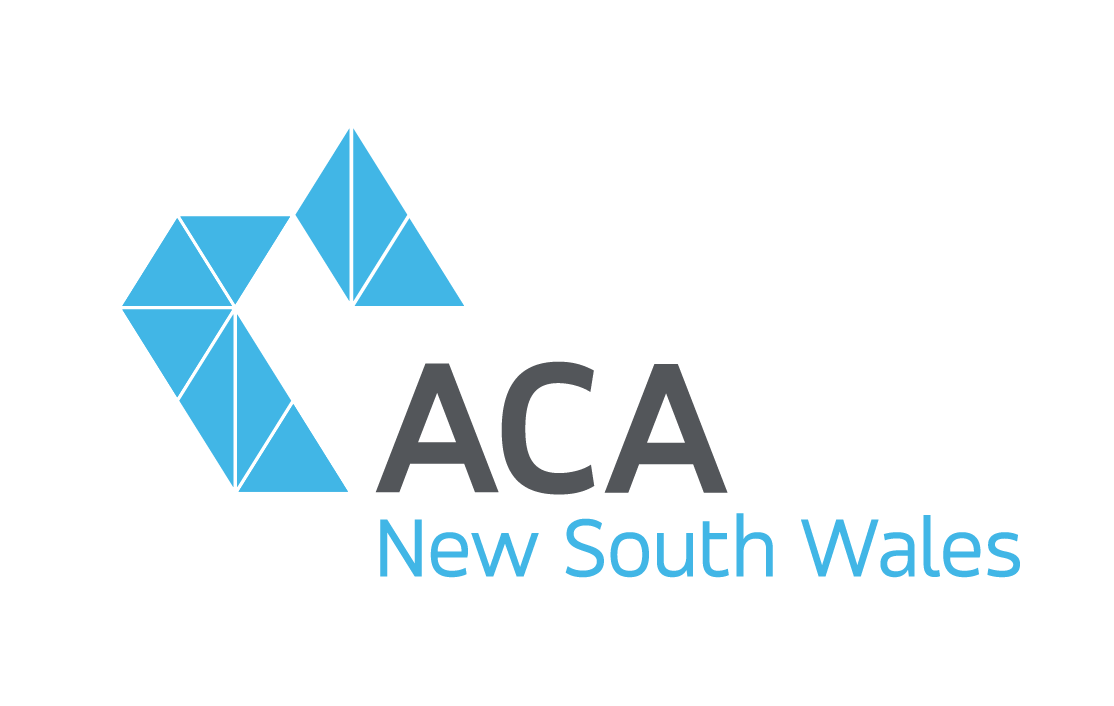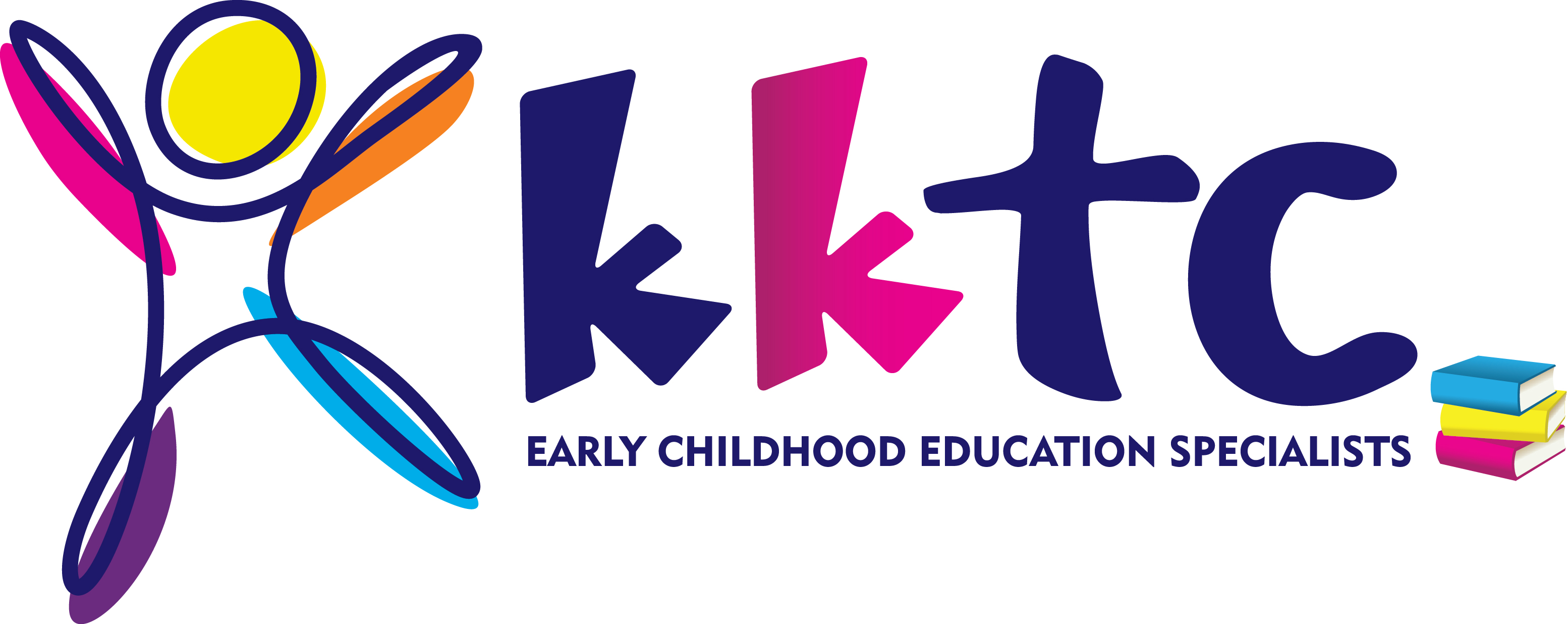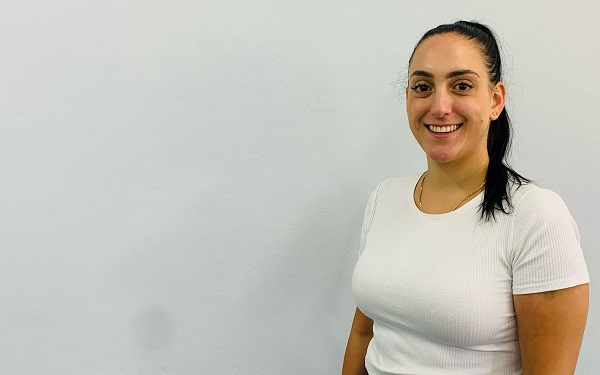| RL-01 |
What is the required indoor and outdoor encumbered square metre? |
| |
The required space for indoor and outdoor encumbered square metre are:
- Indoor space= 3.25 square metres of unencumbered indoor space
- Outdoor space= 7 square metres of unencumbered outdoor space
|
| RL-02 |
What are the requirements for fencing? |
| |
- Fencing requirements at an early childhood centre should have a minimum height of 1.8 metres.
- Fencing surrounding the outdoor space is designed to not allow children to climb over, under or through the fence and not allowing people outside the centre to gain access by climbing over, under or through the fence.
|
| RL-03 |
Can I employ an employee working towards a qualification under the age of 18 and be counted in ratio? |
| |
Yes, you can employ an employee under the age of 18 years and if they have, or are actively working towards an approved qualification they can be counted into your educator and child ratio .
You must ensure that the employee under the age of 18 years:
- Does not work alone at the service; and
- Is adequately supervised at all times by an educator who has attained the age of 18 years.
|
| RL-04 |
Does an employee under the age of 18 years require a working with children check? |
| |
A Working with children check can only be applied for candidates that are 18 years or over.
Those under the age of 18 years are exempted in providing a working with children check.
|
| RL-05 |
What is the Educator to child ratio? |
| |
The minimum number of educators required to educate and care for children at a centre-based service is to be calculated in accordance with the following ratios:
- For children from birth to 24 months of age= 1 educator to 4 children
- For children over 24 months and less than 36 months of age= 1 educator to 5 children
- The educator to child ratio for children aged 36 months or more but less than 6 years of age= 1 educator to 10 children. (New South Wales—specific provisions )
Educators must be working directly with children at the service to be counted to be included in the educator to child ratio for the centre-based service.
|
| RL-06 |
Must educators be covered when on Meal breaks, rest pauses and programing time? |
| |
Yes, if educators are not working directly with the children (on a meal break, rest pause, programming or taking on other duties) they must be replaced by another educator to ensure educator to child ratio is met at all times.
|
| RL-07 |
How many diplomas’ must I have rostered on? |
| |
When children are present at the service, you must ensure at least 50 per cent of the educators who are required to meet the relevant educator to child ratios for the service must have, or be actively working towards, at least an approved diploma level education and care qualification.
The above must be met immediately once there are children present and signed in at the service. |
| RL-08 |
Is there a regulation that requires two people on open and close a service? |
| |
No, there is no regulation that outlines that there must be two educators required to be rostered on for opening and closing the service.
However, it is best practice to have two educators on the premises on open and close for:
- Meeting educator:child ratio
- Ensuring adequate supervision
- In case of an emergency
One of the educators is required to hold or is working towards their approved diploma qualification to comply with regulation 126 (1)a
|
| RL-09 |
What are the Early Childhood Teacher (ECT) requirements in NSW? |
| |
Early Childhood Requirements in NSW are as follows:
|
Number of children
|
Requirements
|
|
Fewer than 25
|
The service must have access to an early childhood teacher working with the service for at least 20 per cent of the time that the service provides education and care.
(2) To comply with subregulation (1), the early childhood teacher may be working with the service by means of information communication technology.
(3) For the purposes of this regulation the period that an early childhood teacher works with a centre-based service may be calculated on a quarterly basis.
|
|
More than 25 but fewer than 29
|
One early childhood teacher must be in attendance:
(a) For at least 6 hours on that day, if the service operates for 50 or more hours a week; or
(b) For 60 per cent of the operating hours of the service on that day, if the service operates for less than 50 hours a week.
|
|
30 to 39 preschool age and under
|
One early childhood teacher must be in attendance at all times that a centre-based service is educating and caring for 30 to 39 children preschool age or under. |
|
40 to 59 preschool age and under
|
Two early childhood teachers must be in attendance at all times that a centre-based service is educating and caring for 40 to 59 children preschool age or under.
|
|
60 to 79 preschool age and under children
|
Three early childhood teachers must be in attendance at all times that a centre-based service is educating and caring for 60 to 79 children preschool age or under.
|
|
80 or more preschool age and under
|
Four early childhood teachers must be in attendance at all times that a centre-based service is educating and caring for 80 or more children preschool age or under.
|
|
| RL-10 |
What are the criteria for a person working towards early childhood degree to be qualified to apply for a waiver? |
| |
For a candidate who is working towards their Early Childhood degree and to qualify to be the acting ECT waiver they must meet the following:
(a) Is actively working towards an approved early childhood teaching qualification; and
(b) Provides the approved provider with documentary evidence that—
(c) The person has completed at least 50 per cent of the course; or
(d) Holds an approved diploma level education and care qualification.
NOTE: Temporary waivers may be granted for up to 12 months.
Approved waivers must be displayed at the entry of the service.
|
| RL-11 |
Does my educational leader need to be an ECT? |
| |
No, the educational leader can be the approved provider, nominated supervisor, early childhood teacher or a qualified educator who is suitable to lead the development and implementation of educational programs in the service.
|
| RL-12 |
Who can be appointed as a responsible person / nominated supervisor? |
| |
An approved provider can appoint any candidate they believe is fit and proper to be the services’ nominated supervisor or responsible person.
The person must:
- Be 18 years of age or older
- Have adequate knowledge and understanding of the provision of education and care to children
- Have an ability to effectively supervise and manage and education and service
- Hold a current first aid qualification
They must have knowledge and understanding of and must have completed and hold the approved Child Protection Training courses:
- CHCPRT001 - Identify and respond to children and young people at risk
- CHCPRT002 - Support the rights and safety of children and young people
|
| RL-13 |
What are the current and approved Child Protection Training courses? |
| |
The current and approved Child Protection Training courses since 1 October 2017:
- CHCPRT001 - Identify and respond to children and young people at risk
- CHCPRT002 - Support the rights and safety of children and young people
If any educators have obtained a child protection certificate or recognition prior to 1 October 2017 and does not meet the approved course codes above may want to complete a refresher.
|
| RL-14 |
How long must children, staff records and other documents must be kept and for how long? |
|
Below is a table of the duration of how long children, staff records and other documents must be stored for:
|
Type of Record
|
Timeframe |
Regulation
|
|
Incident, illness, injury or trauma suffered
|
Until the child is aged 25 years
|
Regulations 87, 183,
177(1)(b)
|
|
Death of a child while being educated and cared for by the service
|
Until the end of 7 years after the death
|
Regulations 12, 183(2)(c
|
|
Other records relating to a child enrolled:
- Child enrolment record
- Child attendance record
- Child assessments or evaluations for delivery of the educational program
- Medication record
|
Until the end of 3 years after the last date on which the child was educated and cared for by the service
|
Regulations 160, 183, 177(1)(l)
Regulations 158, 183, 177(1)(k)
Regulations 74, 183, 177(1)(a)
Regulations 92, 183, 177(1)(c)
|
|
Records relates to the approved provider
|
Until the end of 3 years after the last date on which the approved provider operated the education and care service
|
|
|
Records relating to a nominated supervisor or staff member:
- Staff record
- Record of access to early childhood teachers
- Record of educators working directly with children
- Record of volunteers and students, contact details and days in attendance
- Record of responsible person in dayto-day charge including nominated
- Supervisors placed in day-to-day charge
|
Until the end of 3 years after the last date on which the nominated supervisor or staff member provided education and care on behalf of the service |
Regulations 145, 183(2)(g)
Regulations 152, 183(2)(f)
Regulations 151, 183(2)(f)
Regulations 149, 183(2)(f)
Section 162
Regulations 145, 150, 177
|
|
Any other record:
Checklist
|
Until the end of 3 years after the date on which the record was made
|
|
|
| RL-15 |
When do you commence the count for 60 days in any 12 month period when an Early Childhood Teacher
is absent from the centre-based service due to short-term illness or leave? |
| |
Regulation 272(7) clarifies an early childhood teacher may be replaced for a maximum of 60 days in any 12-months period.
The 12 month period does not have a set commencement date and is not based on a calendar year. Instead, it is determined by looking at the 12 month period immediately prior to the day an early childhood teacher or suitably qualified person is replaced, and calculating whether or not the 60 day maximum has been exceeded during that period.
The total period of 60 days applies in respect of each full-time equivalent role required to be filled by an early childhood teacher.
The 60 day limit is not intended to be divided amongst multiple roles in relevant services, it can be calculated per the ECT position’s rather than across the service.
In case of a part-time early childhood teacher, the 60 day limit is to be calculated on a pro rata basis under Regulation 272(8).
Please be advised that services who allow a diploma qualified or primary teaching qualified educator to replace an early childhood teacher under Regulation 272(6) must ensure that all decisions around the relieving educator are documented, including:
• Relevant qualifications
• Impact on continuity of education and care
• Difficulty in accessing other relieving educators
|
| RL-16 |
In the case of an emergency, should the attendance records be a hard copy or an electronic copy? |
|
The National Regulations do not stipulate in what form the records must be kept or whether electronic storage would suffice. This decision is at the discretion of the Approved Provider.
Prescribed records and information must be stored in a safe and secure place. Information should remain confidential and should only be accessed by authorised persons who have authority to do so.
If an approved provider chooses to keep records electronically, they should be aware of the obligations under the National Law to store records securely and to make them available to families and the regulatory authority on request (regulations 177-178 and 181-183). Providers should make the information accessible if required by the regulator.
This information can be found on page 527 of the Guide to the National Quality Framework, under storage of records and other documents. The document can be accessed through the following link:
https://www.acecqa.gov.au/sites/default/files/2023-09/Guide-to-the-NQF-2310f.pdf |
| RL-17 |
What are the requirements regarding a trainee above the age of 18 being left unsupervised? |
| |
An educator who is under the age of 18 years may work at a centre-based service, provided that the person does not work alone and is adequately supervised at all times by an educator who is over the age of 18 years.
Educators over the age of 18 years are not required to be supervised. However, it is important to ensure that all children are educated and cared for by educators that have the experience, judgment, and maturity to deal with situations that may arise at a service.
Approved providers and nominated supervisors have a duty of care to ensure children are provided with a high level of safety and every reasonable precaution is taken to protect them from harm and hazard.
Regular risk/benefit assessments should be conducted to identify and manage potential hazards while children are being educated and cared for.
Policies and procedures should be in place and kept up to date. An authorised officer may examine policies and procedures, particularly in relation to health and safety and providing a child safe environment (regulation 168(2)(a) and (h)).
Approved providers and nominated supervisors should develop, implement, and monitor procedures for identifying, mitigating and, where necessary, preventing hazards.
It is also the responsibility of the approved provider to show an ongoing awareness of safety and take reasonable steps to protect against these hazards as they arise.
|
| RL-18 |
What would the Federal Government consider potentially illegal inducements, offers and/or advertisements to families? |
| |
Since 1 January 2023, a new ban was introduced on offering inducements for enrolment at early childhood education and care services.
According to the Child Care Subsidy Minister’s Rules (https://www.legislation.gov.au/Details/F2022L01213), in particular Section 48B, early childhood education and care services are prohibited from providing any form of inducement, such as gifts, discounts, rebate or other incentives, offered to parents or guardians to influence their decision to enrol their child in a particular childcare service.
*Note - Discounts and rebates can be offered to parents, but services must charge the regular fees and apply the CCS based on those fees. If a service offers a discount or rebate, it must be done in such a way that the original fee remains the same, and the CCS is calculated on that original fee. However, if a service reduces the fee and then applies the CCS to this reduced fee while promoting it as a discount, that would be illegal.
The aim is to ensure fair and unbiased enrolment practices across all services. You can find detailed information about the ban via https://www.education.gov.au/early-childhood/provider-obligations/inducement-and-advertising-your-service.
Please note that since 2019, the Federal Department of Education has promoted their tipoff line (tipoffline@education.gov.au and 1800 664 231) to parents, the media and the general public (see https://www.education.gov.au/about-department/contact-us/complaints). And investigations by the Federal Department of Education could put at risk the Approved Provider(s)’ ability to achieve approval for future services and receive Child Care Subsidies.
|
| RL-19 |
Where can I find more information on notification types and timeframes to notify the regulatory authority? |
| |
ACECQA have provided a valuable resource which outlines the various types and timeframes when notifying the regulatory authority. |
| RL-20 |
What are the fees that are indexed annually to regulatory authorities?
|
| |
The Education and Care Services National Regulations include fees for Children's Education and Care Services under the NQF which are indexed annually. There are two categories for these fees
1. The annual service fee (which applies to all approved services) covers functions and activities performed by the regulatory authority such as
- the national quality assessment and rating process
- monitoring and compliance activities
- internal review of decisions
- many types of transactions such as applications to vary or amend service and provider approvals
2. Transaction fees (which are individual fees applies to specific transactions) Examples include
- applications for provider approval, service approval, applications for temporary waivers and service waivers, and transfers of service approvals
For further information regarding Indexed fees, click here
|
| RL-21 |
Do families still need to cover child care costs while overseas for the service to access CCS benefits? |
| |
If families travel overseas they can get CCS for up to 6 weeks. The family must be paying for child care while overseas. If your service wants to claim CCS for the absent days the family must pay the gap fee.
After 6 weeks the subsidy will stop.
Their payments will also stop when they depart if all of these apply:
- they travel for more than 6 weeks
- they return to Australia
- they then leave again within 6 weeks of that return.
If their subsidy stops while they’re outside Australia, they may need to submit a new claim when they return.
The 6 weeks in not based on how many absences your service submits, rather, it is based on the family's travel information through the immigration department and Centrelink.
The six-week period will commence from when the family depart Australia, Australia's immigration department will inform Services Australia when the family leaves and they will inform them when the family returns based on the on their passport information when leaving and their arrival back in Australia.
The enrolment will cease automatically cease if the child is absent for 14 consecutive weeks, when this occurs all CCS that was paid including the 6 weeks the family were overseas will be recovered back until the child's last physical day of attendance at the service and the family will be liable for the full fees for the 14 weeks of absences.
If the services keeps the spot at the service and the family travel overseas for more than 6 weeks, then this means the family will be paying full fees for the absences past 6 weeks, and this is not able to be pack paid when the family returns to Australia.
|
| RL-22 |
Who is required to complete approved child protection training?
|
| |
The approved provider of an education and care service is responsible for ensuring that all nominated supervisors and individuals in day-to-day charge of the service successfully complete child protection training, as mandated by National Law section 162A.
Additionally, it's essential that all staff members working directly with children are aware of and knowledgeable about current child protection laws (National Law section 84) and their responsibilities to identify and respond to any child at risk of abuse or neglect, as emphasized in Quality Area 2 of the National Quality Standards (Element 2.2.3).
|
| RL-23 |
What do the Regulations say about First Aid Kits? |
| |
Regulation 89 requires the following for first aid kits:
- available wherever the service is providing education and care to children
- an appropriate number of first aid kits must be kept having regard to the number of children being educated and cared for by the service
- be suitably equipped
- be easily recognisable and readily accessible to adults, having regard to the design of the premises
Further guidance from the Guide to the National Quality Framework include:
- The approved provider must ensure an appropriate number of first aid kits are kept
- First Aid kits must be suitably equipped relative to the number of children being educated and cared for at the service.
- The first aid kits must be easily recognisable and readily accessible to adults from all areas within the service.
- The service must have policies and procedures about the administration of first aid to children at the service.
- First aid kits should also be taken when leaving the service premises for excursions, regular outings, at any time when transporting children or emergency evacuations. A belt bag is one way of taking a modified first aid kit to an outdoor play space.
- A suitably equipped first aid kit should be fully stocked, with no expired products, and should be checked regularly to ensure this.
- When determining how many first aid kits are appropriate, the service should consider the number of children in attendance as well as the proximity of rooms to each other and the distances from outdoor spaces to the nearest first aid kit.
|
| RL-24 |
Can an under 18 year old volunteer in a childcare service? |
| |
In NSW, individuals under 18 years old can volunteer in childcare settings. However, they are not considered as part of the educator-to-child ratio as only qualified educators are included according to Regulation 126.
While volunteers under 18 are exempt from requiring a Working With Children Check (WWCC) and therefore require supervision at all times, it is advisable to conduct a police check. Although not explicitly mandated by specific regulations, it is considered best practice to include additional measures such as obtaining parental consent or school approval if the volunteering is part of a school program
|
| RL-25 |
What is the NSW Right to Disconnect law?
|
| |
Effective from 26 August 2024, the NSW Right to Disconnect Law gives employees the right to decline work-related contact outside their regular working hours, unless refusing is deemed unreasonable. This means employees are not required to monitor, read, or respond to after-hours communication from employers. Employers should limit after-hours contact to situations where it’s absolutely necessary, such as emergencies or shift changes. Failure to comply with this law may result in complaints and potential legal action.
https://nsw.childcarealliance.org.au/latest-news/aca-national-update/navigating-the-right-to-disconnect-law
|











